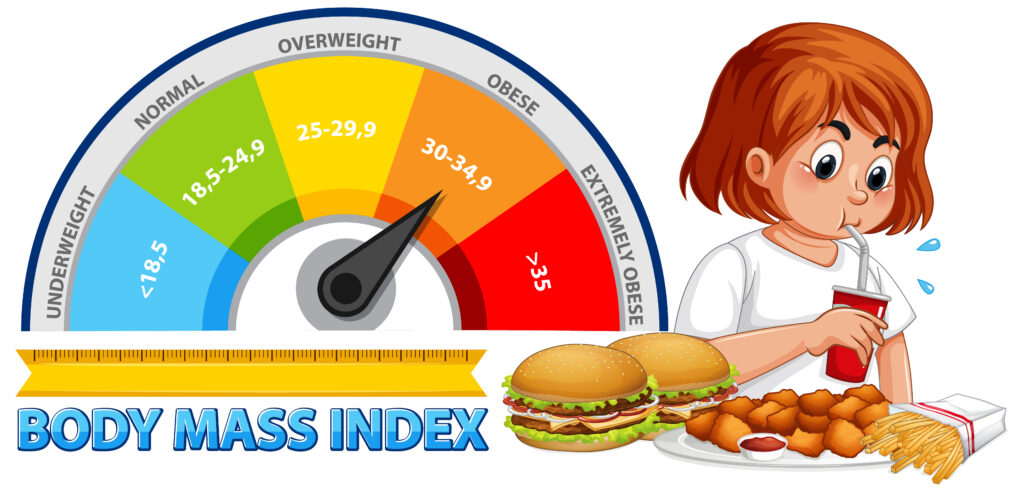Your Daily Calorie Need | ||||
| Gender | Age | Sedentary | Moderately Active | Active |
| Female | 19-30 | 2,000 | 2,000 to 2,200 | 2,400 |
| 31-50 | 1,800 | 2,000 | 2,200 | |
| 51+ | 1,600 | 1,800 | 2,000 to 2,200 | |
| Male | 19-30 | 2,400 | 2,600 to 2,800 | 3,000 |
| 31-50 | 2,200 | 2,400 to 2,600 | 2,800 to 3,000 | |
| 51+ | 2,000 | 2,200 to 2,400 | 2,400 to 2,800 |

This is for informational purposes only. For medical advice or diagnosis, consult a professional.
Understanding Your Daily Calorie Needs: A Guide for Men and Women
Disclaimer: This information is intended for general knowledge and informational purposes only, and does not constitute medical advice. Always consult with a healthcare professional for personalized advice tailored to your specific needs and circumstances.
Introduction
Caloric needs vary significantly from person to person, influenced by factors such as age, sex, body composition, activity level, and metabolism. Understanding your individual calorie requirements is essential for maintaining a healthy weight, achieving fitness goals, and overall well-being. This article provides a general overview of daily calorie needs for men and women, along with factors that can influence these requirements.
Factors Affecting Caloric Needs
Before diving into specific calorie recommendations, it’s important to consider the factors that can influence your daily energy needs:
- Age: Caloric needs tend to decrease as you age, due to a slower metabolism and reduced physical activity levels.
- Sex: Men generally require more calories than women due to typically higher muscle mass and metabolic rates.
- Body Composition: More muscle mass increases your basal metabolic rate (BMR), the number of calories your body burns at rest.
- Activity Level: The more active you are, the higher your calorie needs will be.
- Metabolism: Individual metabolic rates can vary, affecting how efficiently your body burns calories.
- Hormonal Factors: Hormones like thyroid hormones and insulin can influence metabolism and calorie needs.
- Medical Conditions: Certain medical conditions can affect your appetite, metabolism, and overall calorie requirements.
General Calorie Guidelines for Men and Women
Here are some general guidelines for daily calorie needs, based on age and activity level: https://sourceofprotein.in/calorie-need/
Men
- Sedentary: 2,000-2,400 calories per day
- Moderately Active: 2,400-2,800 calories per day
- Very Active: 2,800-3,200 calories per day
Women
- Sedentary: 1,600-2,000 calories per day
- Moderately Active: 2,000-2,400 calories per day
- Very Active: 2,400-2,800 calories per day
Note: These are just estimates, and individual needs may vary significantly.
Calculating Your Caloric Needs
To get a more accurate estimate of your daily calorie needs, you can use online calculators or consult with a registered dietitian or healthcare professional. These tools often consider factors like age, sex, height, weight, and activity level to provide a personalized calorie recommendation.
Additional Considerations
- Macronutrients: While calories are important, it’s also crucial to focus on the quality of your diet. Ensure you’re consuming a balanced mix of macronutrients (carbohydrates, protein, and fats) from whole, unprocessed foods.
- Micronutrients: Don’t neglect micronutrients (vitamins and minerals), as they play a vital role in various bodily functions.
- Hydration:
- Adequate hydration is essential for overall health and can also help with weight management.
- Regular Exercise: Incorporating regular physical activity into your routine can help boost your metabolism and increase your calorie needs.
- Mindful Eating: Pay attention to hunger and fullness cues, and avoid emotional eating.
Conclusion – https://www.eatingwell.com/
Understanding your daily calorie needs is a crucial step towards achieving and maintaining a healthy weight. By considering factors like age, sex, activity level, and individual metabolism, you can determine the optimal calorie intake for your specific needs. Remember to consult with a healthcare professional for personalized advice and to ensure a balanced and sustainable approach to your dietary goals. professional for personalized advice.




